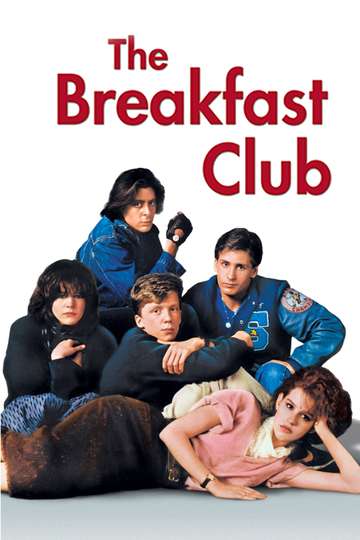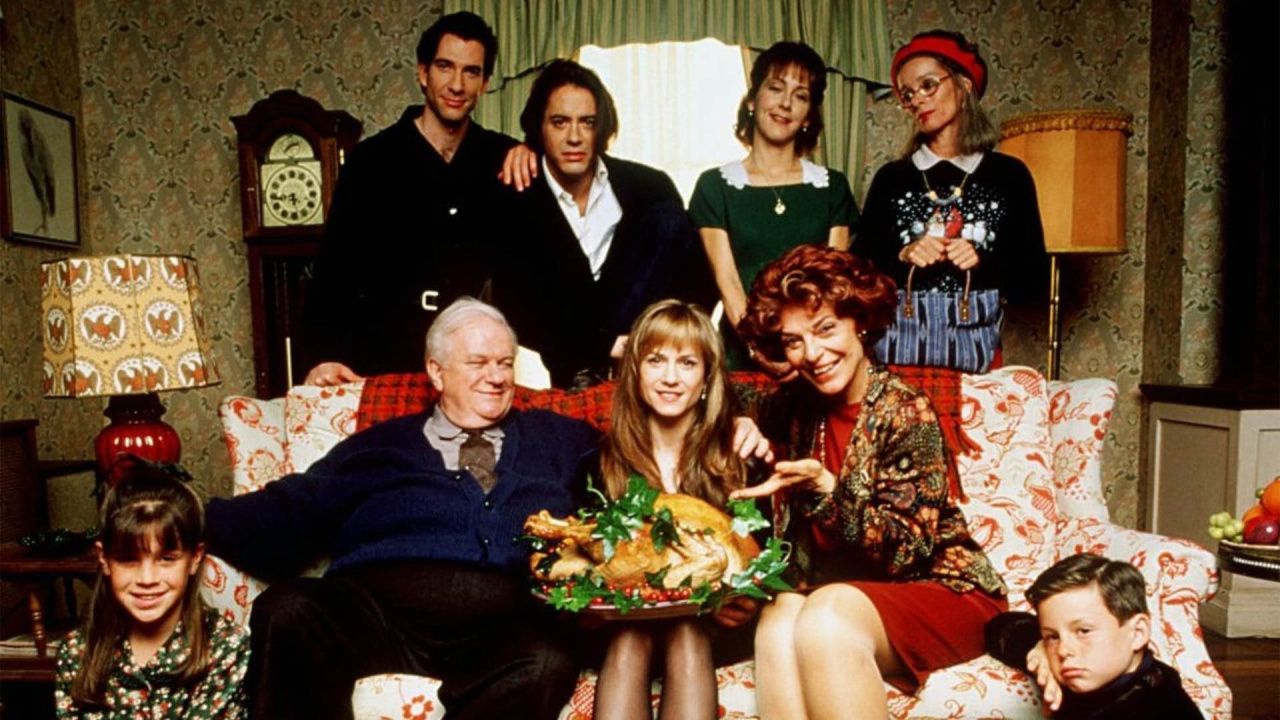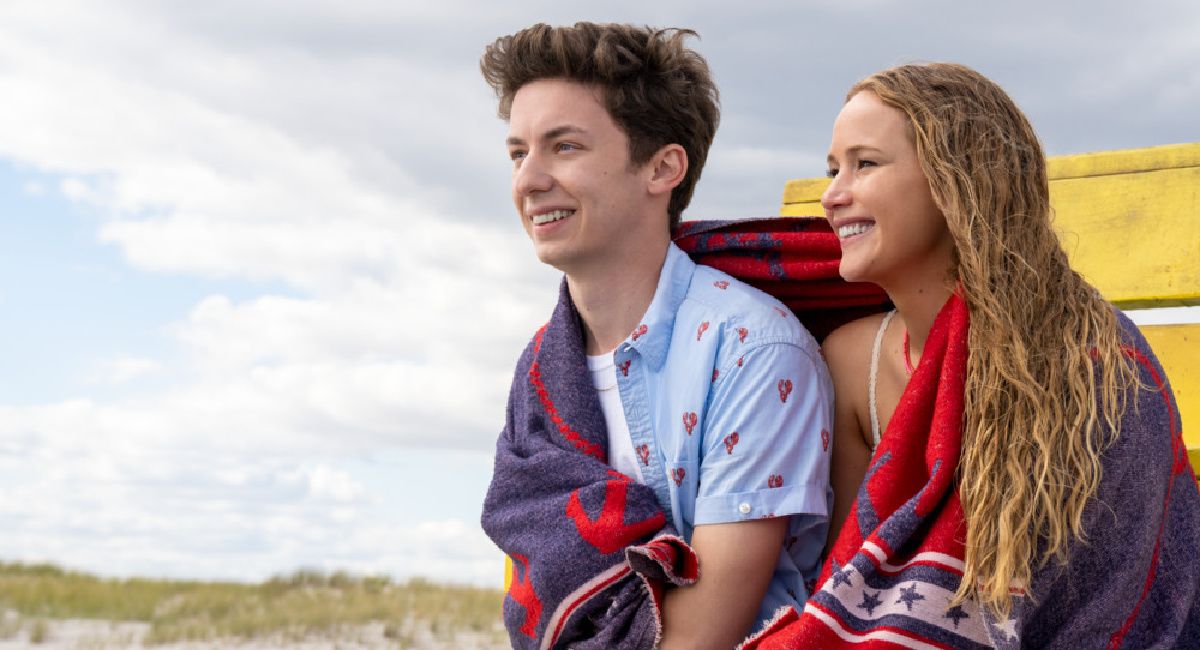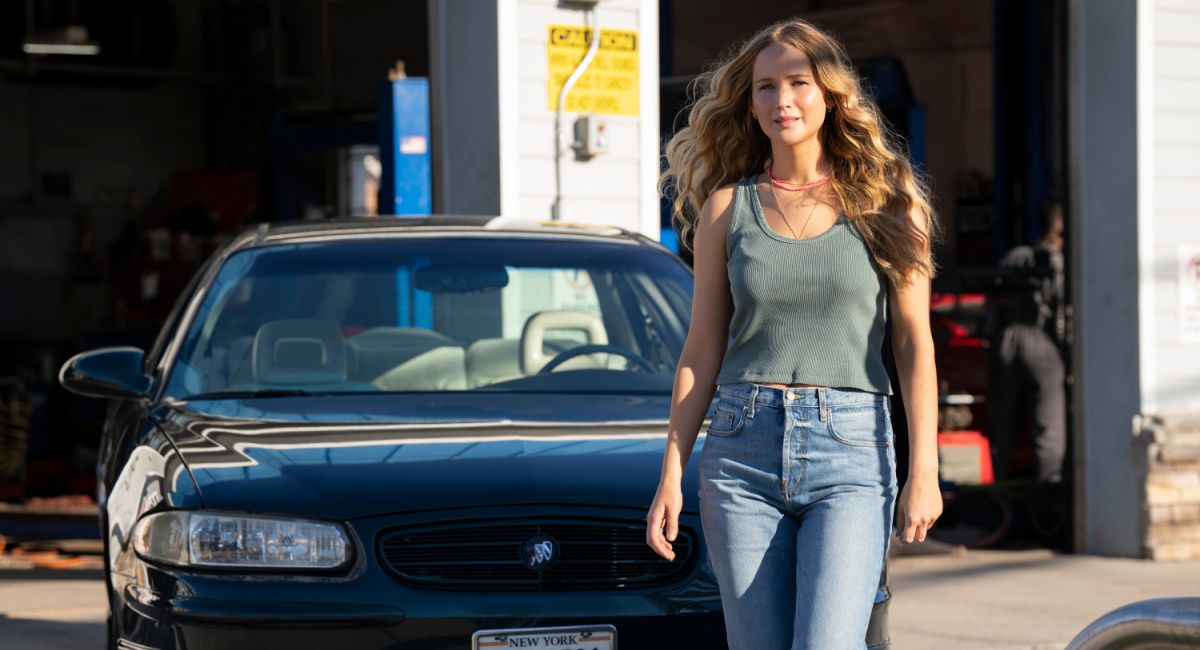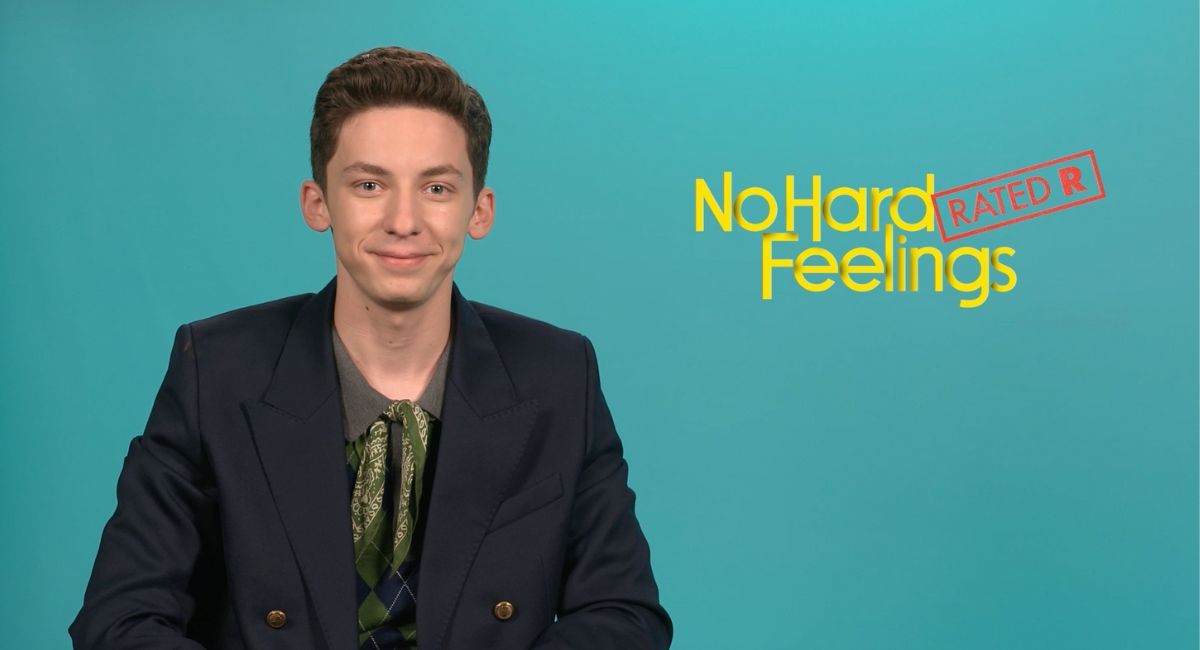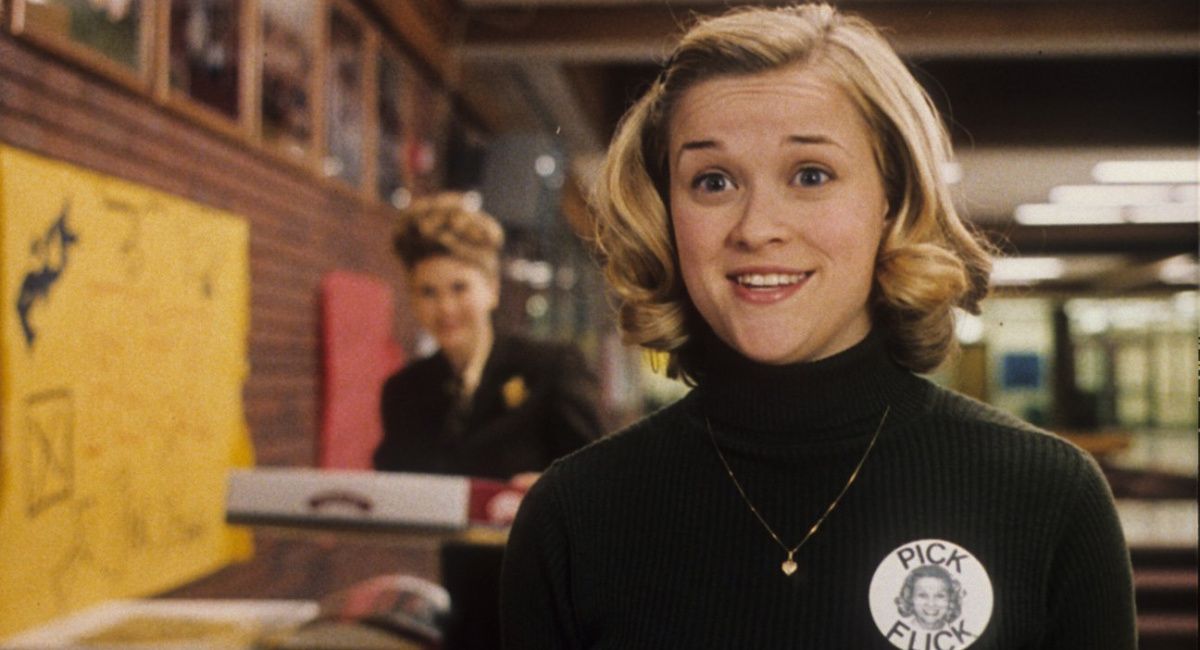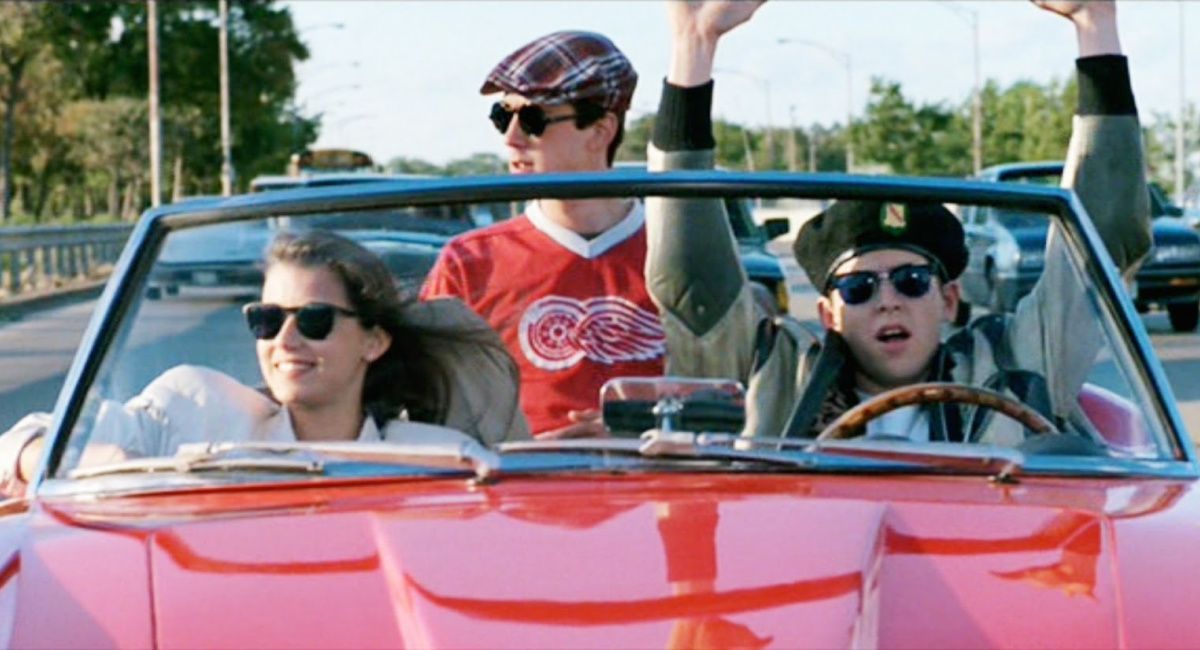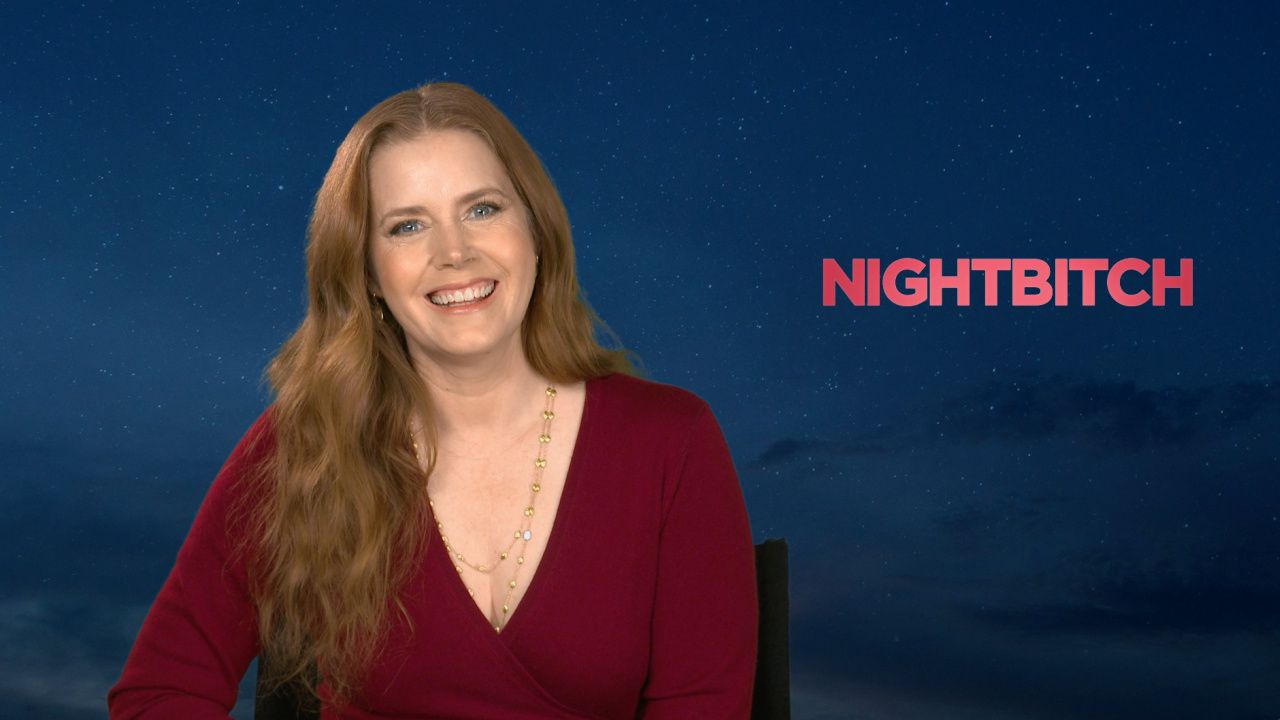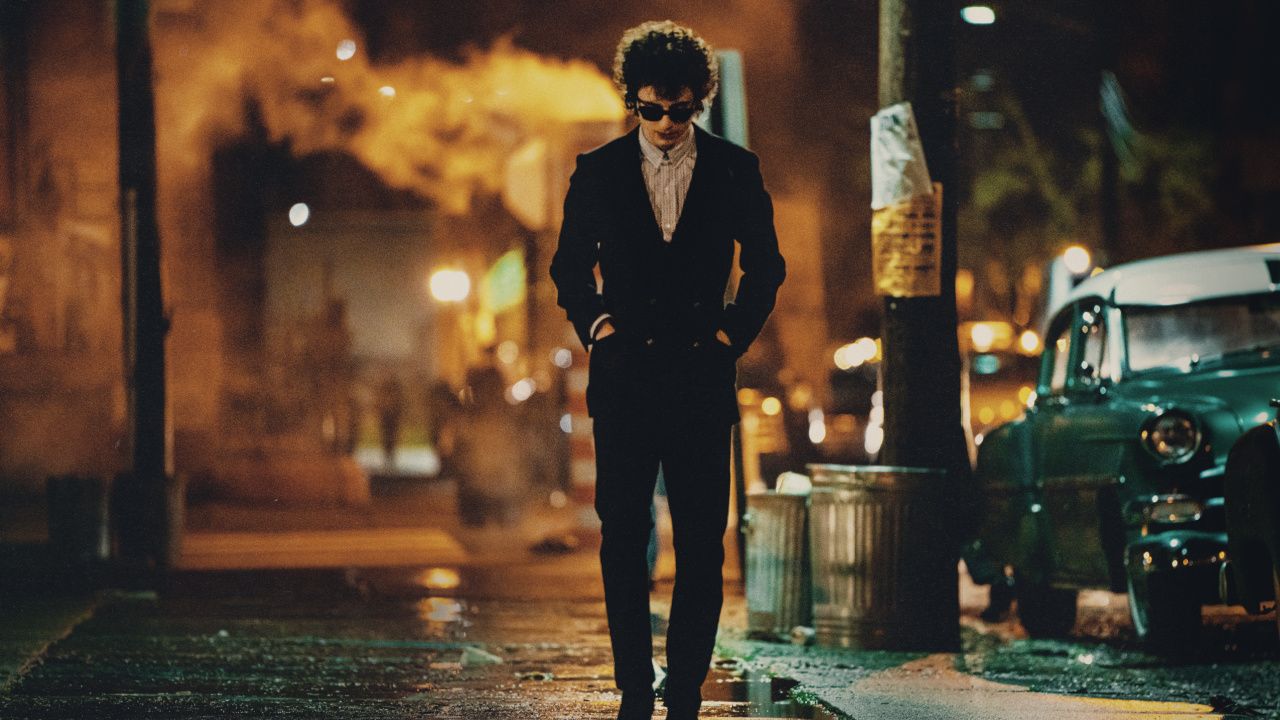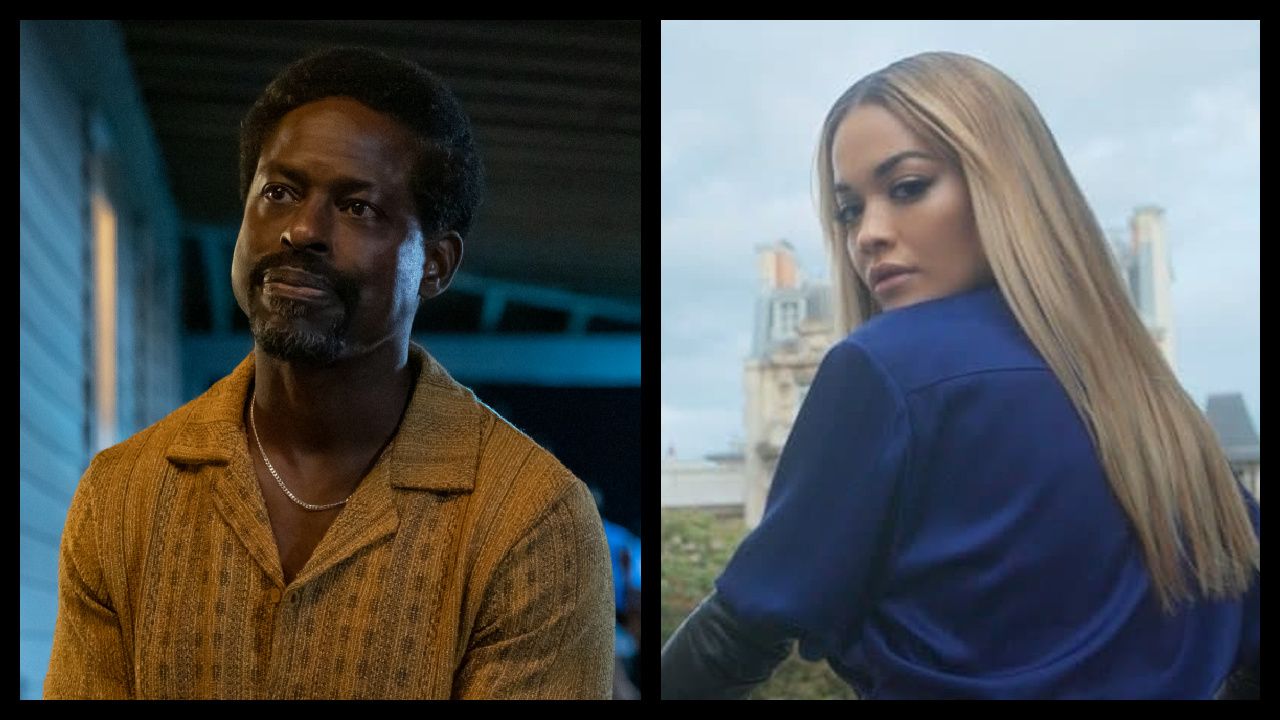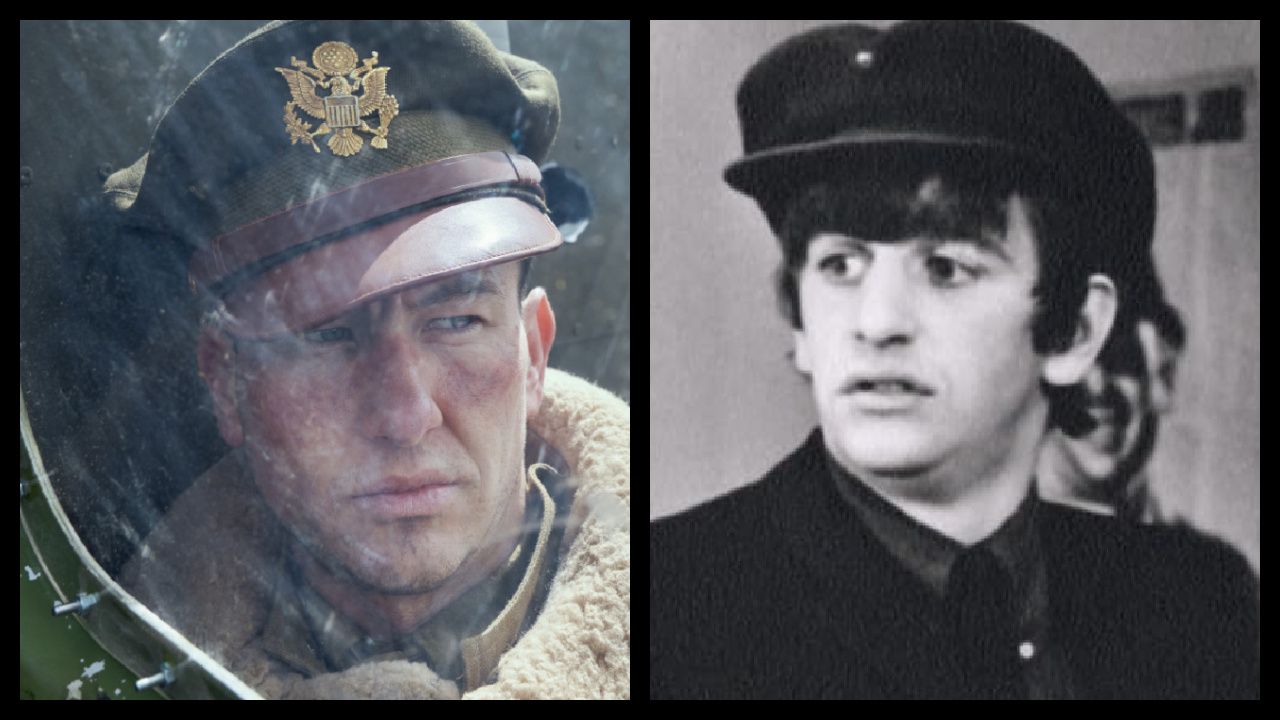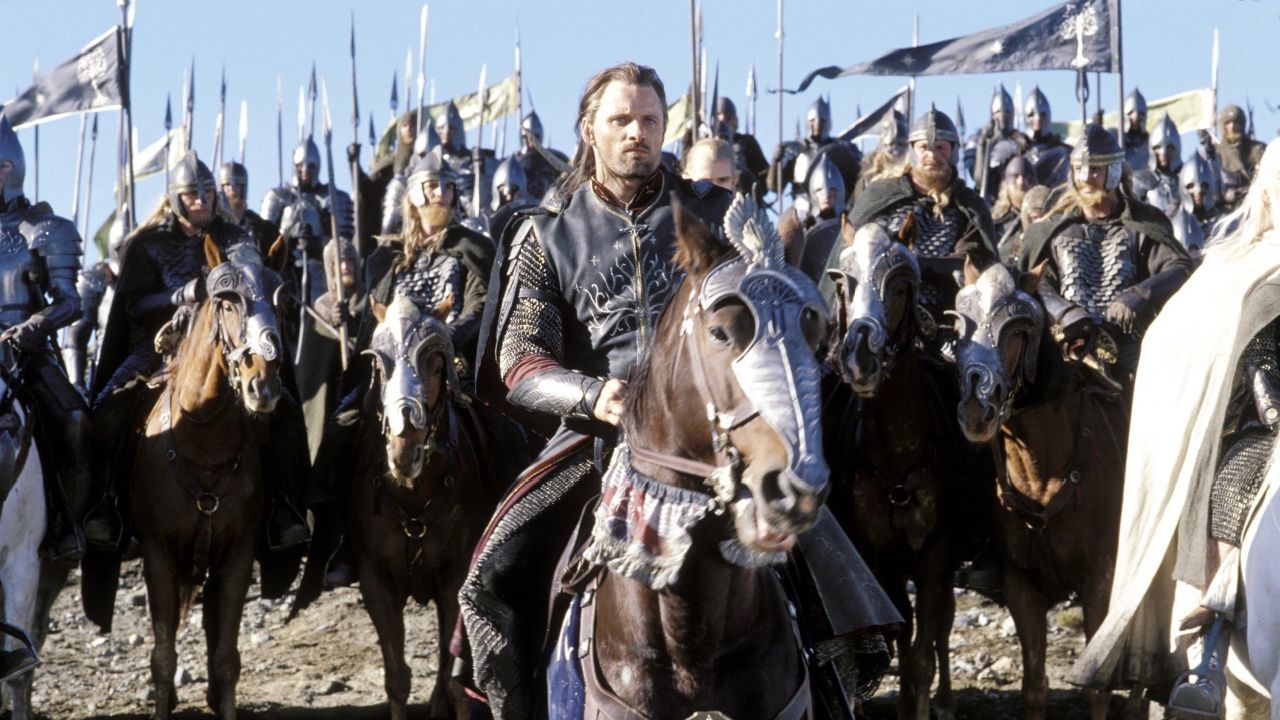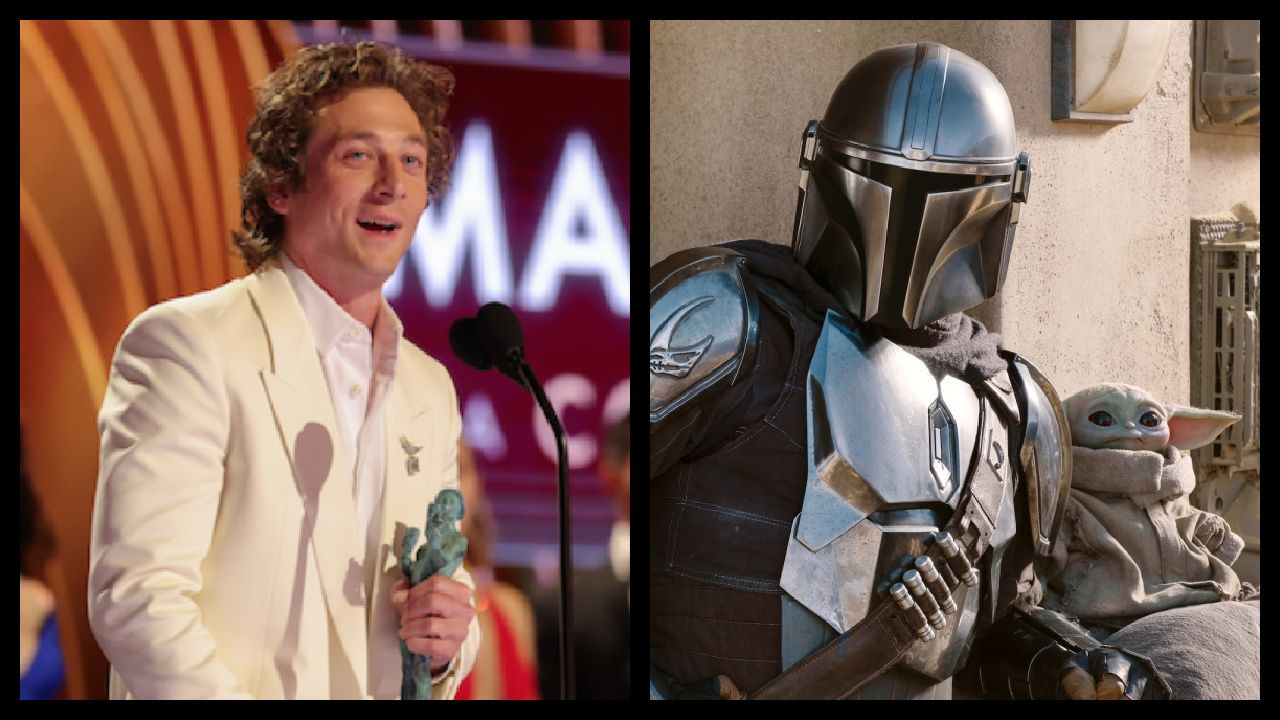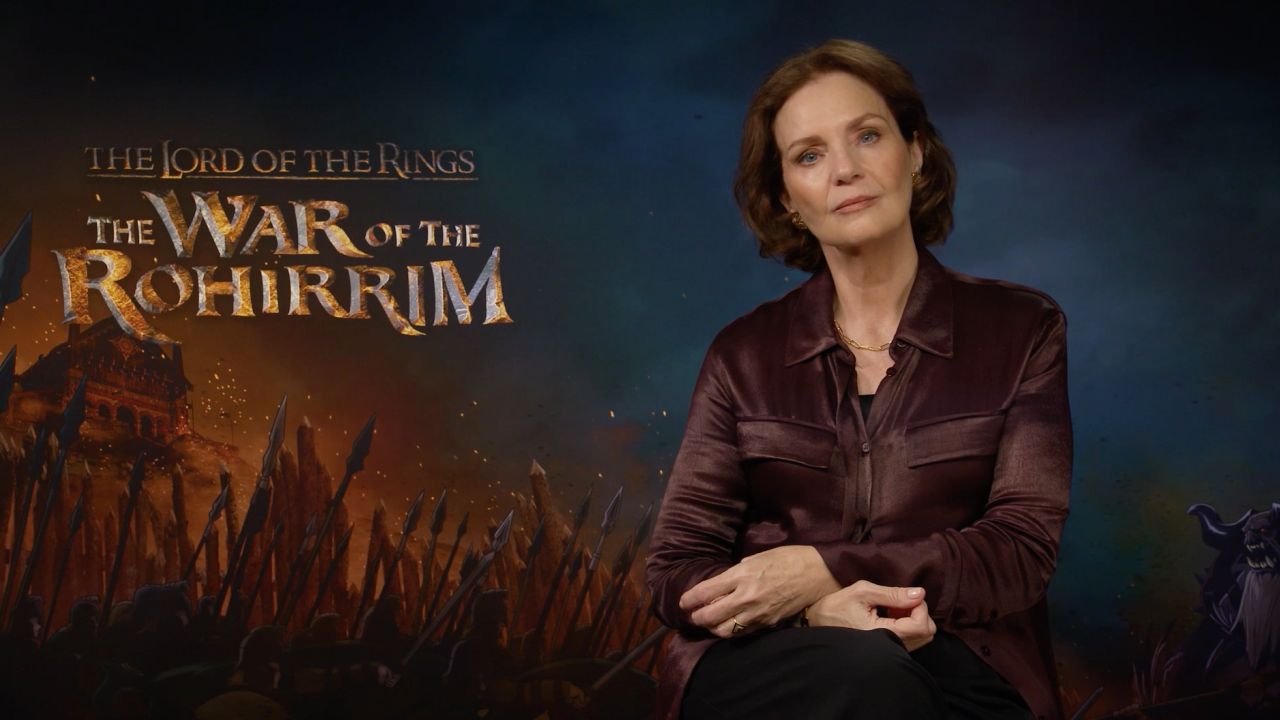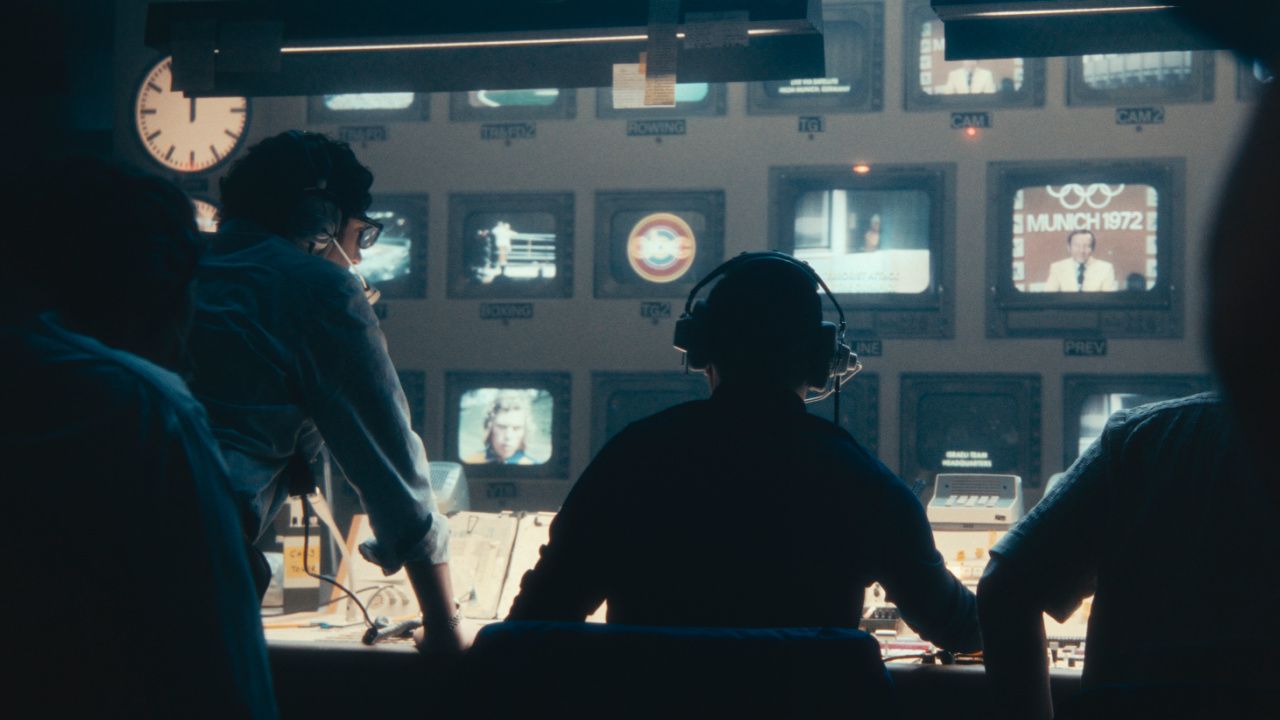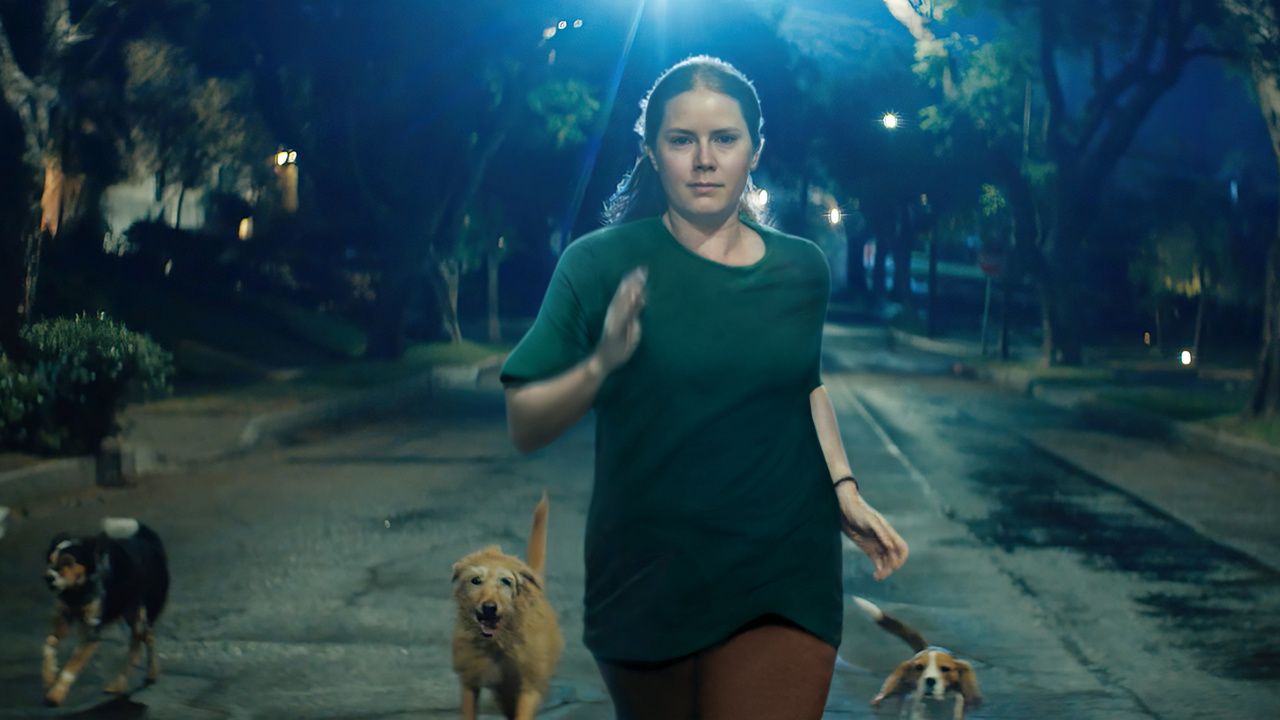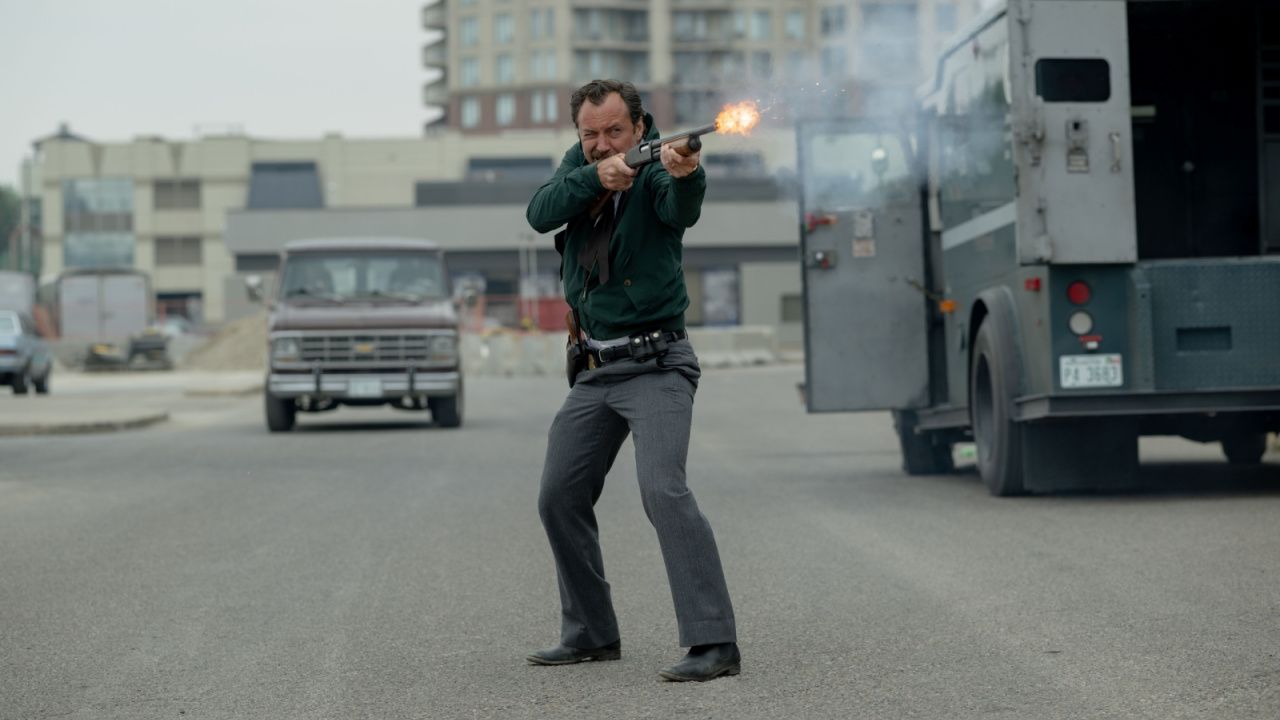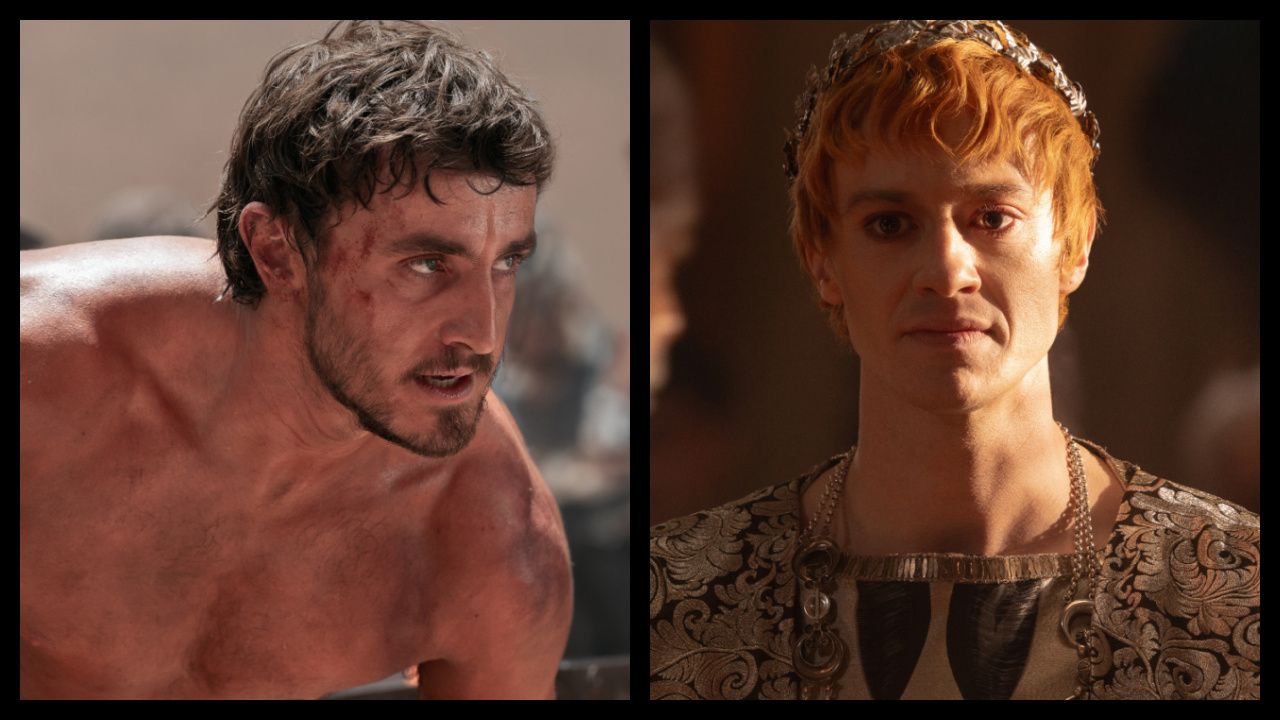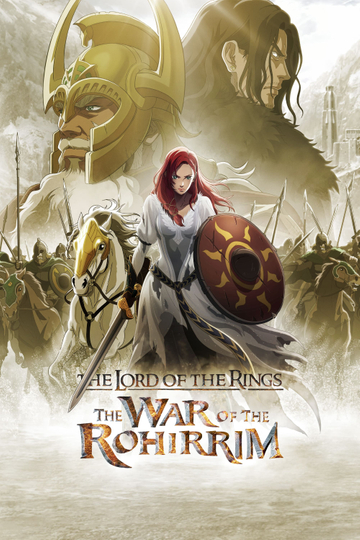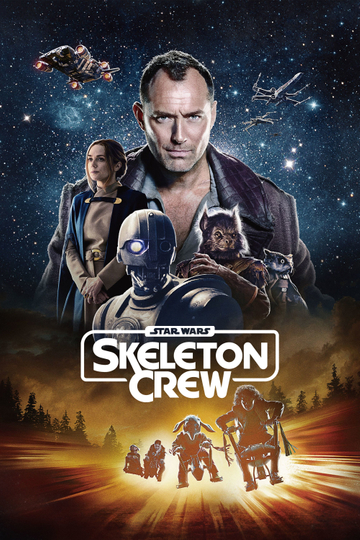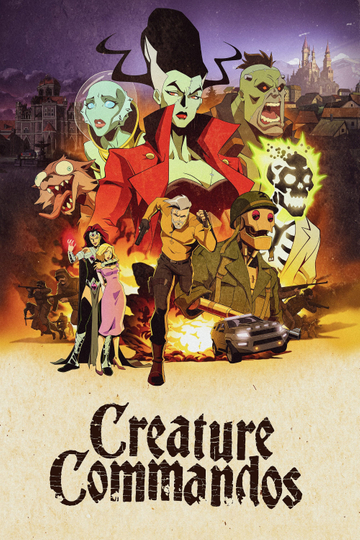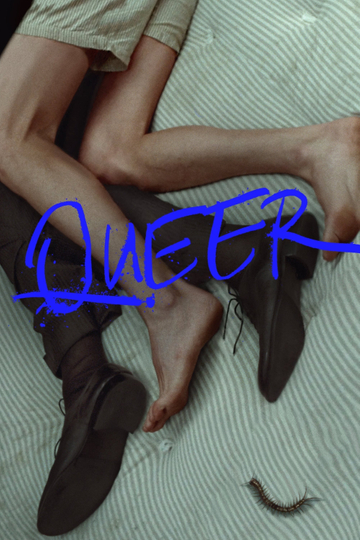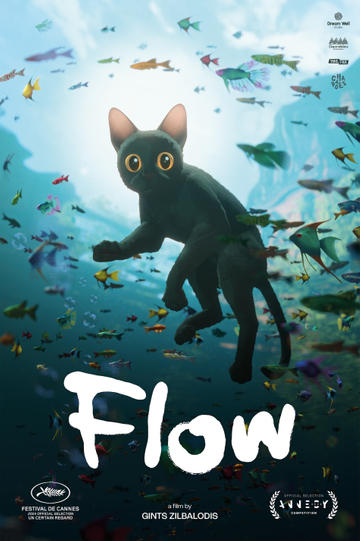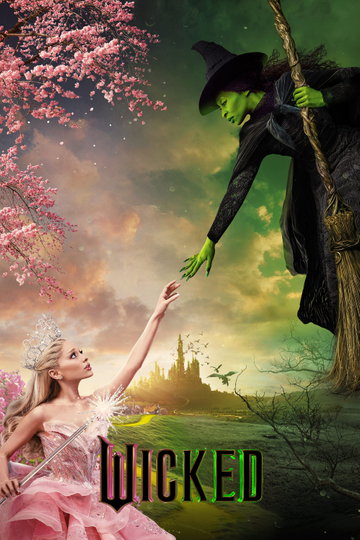Every John Hughes-Directed Movie, Ranked
When John Hughes died of a heart attack while walking in New York in the summer of 2009, it was a shock for a number of reasons. For one, he was only 59. And for another, he was always, through his work, so associated with youth, both the rebellious teens who populated his beloved high school movies and the even-younger protagonists that would become the center of his later works. In a way, it made perfect sense -- how could an artist so finely tuned to the trials and tribulations of youth, ever live to become an old man?
Hughes was incredibly prolific and left behind at least a half-dozen completed scripts that have yet to be made, but we’ve chosen, for the sake of sanity, to focus on the movies that he wrote as well as directed, a relatively small number given his much larger overall output.
Don’t worry, John, we won’t forget about you.
8. ‘Curly Sue’ (1991)
The early 1990s was not an easy time for Hughes. He reached the height of his commercial power with 1990’s “Home Alone,” a film that he wrote and produced but didn’t direct, but its success led to a creative bankruptcy that lasted until the end of his Hollywood career. There’s a reason that all of Hughes’ latter screenplays featured bumbling crooks and precocious little kids. In “Curly Sue” he must have felt like he hit pay dirt because the bumbling crook is a precocious little kid. Unfortunately, the movie was a critical and commercial dud and the movie is easily his lousiest directorial effort. A supremely unlikable James Belushi is a vagabond traveling with his young daughter Curly Sue (Alisan Porter), when they scam a wealthy, outrageously attractive lawyer (Kelly Lynch), who then lets them live in her ritzy Chicago apartment. For the first time, Hughes miscalculated his formula, leaning way too heavily into gooey schmaltz (even the score is treacly) and his worst slapstick instincts (the amount of times Belushi gets punched feels like it’s in the double digits). For Hughes diehards only.
7. ‘Sixteen Candles’ (1984)
Hughes’ first film as a writer-director has not aged well. Most of its bad reputation centers around the positively cartoonish portrayal of Long Duk Dong (Gedde Watanabe), a foreign exchange student whose otherness is double-underlined at every turn (including but not limited to an oriental “gong” sound effect every time he’s on screen or spoken about) and the laisser-faire attitude the film has towards date rape. But watch again. There’s all sorts of stuff that is either problematic or out-and-out dumb about “Sixteen Candles,” from the casual (and repeated) use of the word “fag,” full-on nudity (in a PG-rated movie!), and a weird reliance on exaggerated sound effects. You can feel Hughes’ background at the National Lampoon colliding, sometimes violently, with his desire to paint a grounded, emotionally real portrait of teen angst. Years later Hughes admitted to EW that he didn’t know what, exactly, he was doing on this movie, and while it’s certainly a charming debut, you can also feel that inexperience in a big way.
6. ‘Uncle Buck’ (1989)
One of Hughes’ most purely enjoyable comedies, “Uncle Buck” is, first and foremost, a showcase for John Candy, a tremendously talented actor who appeared in many of Hughes’ films. (It has been speculated that Hughes would have directed more films had Candy lived longer.) Like most of Hughes’ movies, the conceit is deceptively simple: an affluent Chicago family suffers an emergency and the parents have to leave unexpectedly. So they call a somewhat estranged relative, the titular Uncle Buck, to watch the kids. He’s a smoking, drinking, gambling slob and yet, thanks to Hughes and Candy, insanely lovable. This might be the funniest Candy has ever been, whether it’s hilariously discussing the family dog (“So how many times does a dog like that eat?”) or threatening the older daughter’s creepy boyfriend. “Uncle Buck” was also responsible for introducing Hughes to Macaulay Culkin, who would go on to star in Hughes’ blockbuster “Home Alone.” AHHHHHH!
5. ‘Weird Science’ (1985)
It’s fascinating that in the same year that Hughes released “The Breakfast Club,” arguably his most nuanced look at the teenage condition, he also unleashed “Weird Science,” his wackiest and most outlandish take on the same basic concept. Produced by Joel Silver, who had secured the rights to the “Weird Science” comic book line (this was the same period where he also secured the “Tales from the Crypt” rights, which would become one of HBO’s first breakout original series), the film follows a pair of nerds (Anthony Michael Hall and Ian Mitchell-Smith) who use their computer wizardry to conjure the ultimate woman (Kelly LeBrock) out of thin air. The high concept framework allows for Hughes to revisit themes and narrative devices from his previous work, embellishing them in surreal and super-sized ways (the party sequence here, which includes gravity malfunctioning and a mutant biker game, is an all-time classic). There are still some cringe-worthy moments (Hall speaking “jive” for what feels like 15 minutes is particularly tone deaf) but the silliness actually has a way of protecting it from current cultural and political trends. Its strangeness sets it apart and makes it very special in the Hughes oeuvre.
4. ‘She’s Having a Baby’ (1988)
Released a year after his breakthrough “Planes, Trains and Automobiles” and dismissed quickly thanks to its lackluster critical and commercial response, “She’s Having a Baby” is actually something of a lost gem, a formally adventurous and sometimes uncomfortably real look at the trials and tribulations of married life. It’s also the closest thing Hughes ever did that could be described as “autobiographical.” Kevin Bacon is the perfect Hughes surrogate, his expressive face able to delicate telegraph every emotion the filmmaker throws at him, and Elizabeth McGovern is just-as-perfect as his occasionally put-upon wife. (Alec Baldwin plays Bacon’s morally ambiguous friend, the epitome of oily charm.) The title is somewhat misleading (she doesn’t have the baby until the movie is almost over), but this is one of Hughes’ most ambitious films, skillfully mixing the surreal and the sublime to absolutely incredible, sometimes heartbreaking effect. It’s a mature and misunderstood masterpiece, one whose lack of success Hughes blamed on everything from a poor release window (he wanted it to come out when the kids who grew up with the teen movies would be graduating college) to not enough time in the editing room.
3. 'Planes, Trains and Automobiles' (1987)
With “Planes, Trains and Automobiles,” Hughes was purposefully trying to expand his brand. Instead of frustrated teens, he focused on a pair of equally frustrated adults – an ad exec (Steve Martin) trying to return home to his family for Thanksgiving and a traveling shower curtain ring salesman (John Candy) who keeps getting in his way. Together, the two travel from New York to Chicago, utilizing all of the aforementioned forms of transportation (as well as buses and the back of a sixteen-wheeler carrying frozen meat) and annoying each other endlessly. It’s fascinating to see a transient Hughes story; so much of the power of his films comes from the specificity of their settings (usually a house or high school in an affluent Chicago suburb). Instead, he focuses almost all of his energy on the characters, giving us fully rounded, always surprising, incredibly layered roles for Candy and Martin. (Gene Siskel said it was Candy’s greatest-ever performance and it’s hard to argue.) While it wasn’t a smash upon initial release, it’s matured into an all-out holiday classic. And rightfully so.
2. 'Ferris Bueller's Day Off' (1986)
In Ferris Bueller, Hughes created arguably his most iconic character, a lovable slacker who skips school, has the time of his life, and even managed to shake loose his stuff best friend. Of course, this could have gone horribly wrong. Ferris Bueller (Matthew Broderick, in one of his greatest performances) is the epitome of cool and if you weren’t like him in high school, then you were trying to be like him. But it’s more than wish-fulfillment that makes “Ferris Bueller’s Day Off” such a modern classic (although there is that) -- it’s the way that Hughes packs so much joy into each and every sequence; how he took a largely shapeless, plotless piece into a finely honed, expertly propulsive narrative (editor Paul Hirsch is the movie’s secret weapon); and how the storyline is spread over not just Ferris and his cohorts Cameron (Alan Ruck) and Sloane (Mia Sara) but their parents and principle, as well as capturing a snapshot of Chicago as a whole in a way that Hughes was never able to accomplish in his other films. This is one of those movies that you have to watch anytime it’s on TV, even if its heavily edited and in the wrong aspect ratio (butchering its glorious Super-35 widescreen photography). What else are you going to do, not watch it?
1. 'The Breakfast Club' (1985)
Hughes’ best films are defined by their specificity; he’s an incredibly tactile, detail-oriented filmmaker and the more into the nitty-gritty he gets, the more universal the film becomes. This is especially true with “The Breakfast Club,” Hughes’ greatest work and a film that takes place over an 9-hour period in a single location (a neon-trimmed public high school library). It is an enduring classic that still, in the year of our lord 2019, inspires whole swaths of contemporary popular culture, everything from “Riverdale” (where Molly Ringwald plays Archie’s protective mother) and "Stranger Things" to the current incarnation of Spider-Man. That’s huge. What Hughes did, without so much as a fleeting thought towards making the cast at all diverse (there’s not a person of color, zero LGBTQ representation, nothing in the way of different body types and the biggest disability a character has is dandruff), is a movie that everyone could still identify with. Maybe you were the princess or the head case or had previously been defined only by your athletic ability or academic prowess. Maybe this wasn’t the case anymore, but you’d been there, in one way or another. This is to say nothing of Hughes’ brilliant staging, his ability to wring a colossal gag out of even the smallest moment (like the kids taking their lunches out), or the snappy pacing (editor Dede Allen deserves credit here). Every song on the soundtrack became an instant classic (how good is that Wang Chung song?) and it’s the only Hughes movie to become a part of the esteemed Criterion Collection. And for good reason -- it really is a modern classic.
The Breakfast Club











